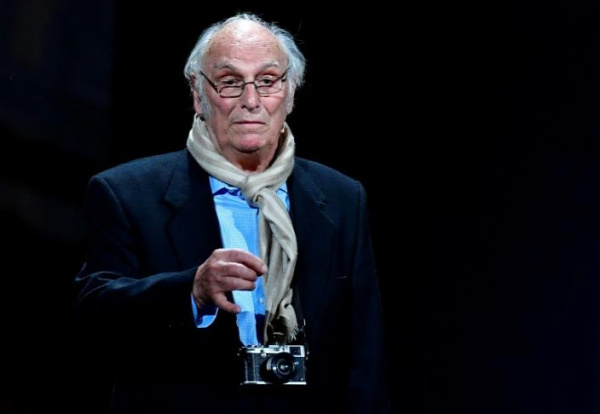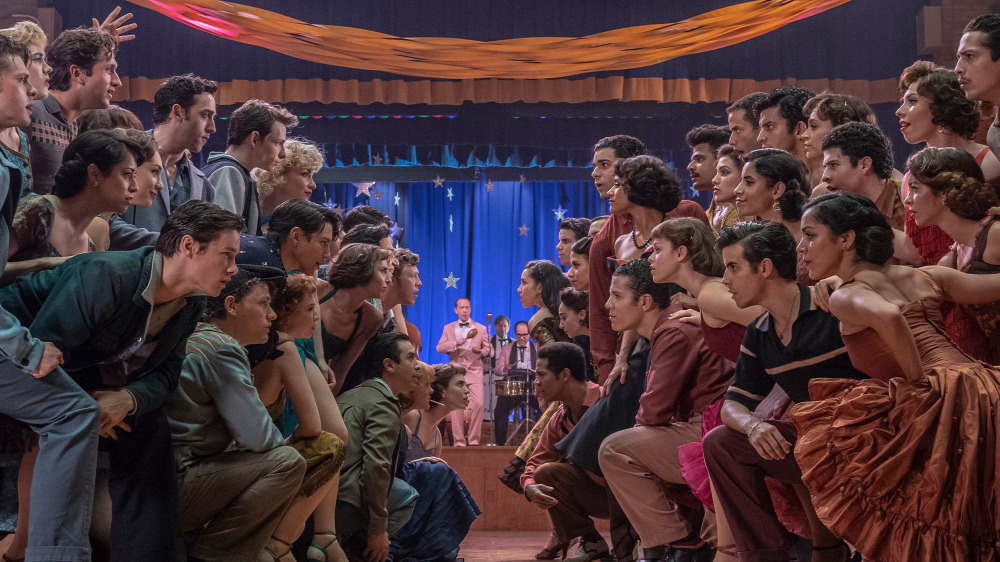The Acclaimed Spanish Director Carlos Saura Has Passed Away. The 1981 Berlinale Winner Died on Friday at the Age of 91, Surrounded by His Family, as Announced by the Spanish Film Academy on Twitter. Saura Has Been a Major Influence in Spanish Cinema for Decades, and His Notable Works Include "Blood Wedding" and the Ballet Film "Carmen," Which Won an Award at the Cannes Festival and Was Nominated for an Oscar.

Saura Established His Reputation in the Late 1950s with His Criticism of the Franco Dictatorship. He Artfully Challenged the Key Ideologies of the Authoritarian Regime - Church, Army, and Family - through Metaphors, Omissions, and Symbolic Imagery. In 1966 and 1968, He Received the Silver Bear at the Berlinale for His Films "The Hunt" and "Peppermint Frappé.
The Grandiose Drama "Breed Raben" Was Released in 1976 and Won the Jury Prize at Cannes, and Was Nominated for the César for Best Foreign Film. The Film Depicts a Child Growing Up in an Oppressive Environment, Reflecting the Dictatorship that Had a Tight Grip on the Nation.
In 1981, He Received the Golden Bear for "Los, Tempo!" Saura Has Also Been Honored with Several Goyas from the Spanish Film Academy, a BAFTA Award from the British Academy of Film and Television Arts, and the European Film Awards' Honorary Lifetime Achievement Award.
For a Long Time, Saura Was Denied Significant Commercial Success, Especially in Germany. He Achieved His International Breakthrough with His Flamenco Trilogy, Which Was Based on Spanish Classic Literature and Became a Box-Office Hit. The Trilogy Began with "Blood Wedding" in 1981, Created in Collaboration with Choreographer Antonio Gades. This Was Followed by the Sensationally Successful Ballet Film "Carmen" in 1983, Which Became a Crowd-Pleaser and a Global Success. The Trilogy Was Completed in 1986 with "Love Magic.
His Last Film, "Las Paredes Hablan" (The Walls Speak), Which Was Released a Few Days Before His Death, Demonstrates the Director's "Tireless Work" and His "Love for the Profession" Until His Final Moments, as Tweeted by the Spanish Film Academy. Spain's Culture Minister, Miquel Iceta, Praised Saura as a "Cineaste, Photographer, and Consummate Artist.
Saura, Born on January 4, 1932 in Huesca, Northern Spain, into a Family of Artists, Created Approximately 50 Films During His Career. He Was Regarded as a Playful and Imaginative Filmmaker with a Sophisticated Aesthetic and a Poetic and Documentary Style. The Central Theme of His Work Often Highlighted the Plight of the Poorest, and He Frequently Featured Characters from the Bourgeoisie Struggling with Their Past.
Following Franco's Death in 1975 and Spain's Transition to Democracy, Saura, Enamored with Music and Dance, Gradually Focused His Works on Dances such as Flamenco, Tango, Fado, and the Jota from His Native Region of Aragon, as Well as Argentine Folklore and Opera. Over the Years, Somewhat Reluctantly, He Became Something of an Ambassador for Spanish Culture. In 1992, He Directed "Marathon," the Official Film of the Barcelona Summer Olympics.
Following Franco's Death in 1975 and Spain's Transition to Democracy, Saura, Enamored with Music and Dance, Gradually Focused His Works on Dances Such as Flamenco, Tango, Fado, and the Jota from His Native Region of Aragon, as Well as Argentine Folklore and Opera. Over the Years, Somewhat Reluctantly, He Became Something of an Ambassador for Spanish Culture. In 1992, He Directed "Marathon," the Official Film of the Barcelona Summer Olympics.

